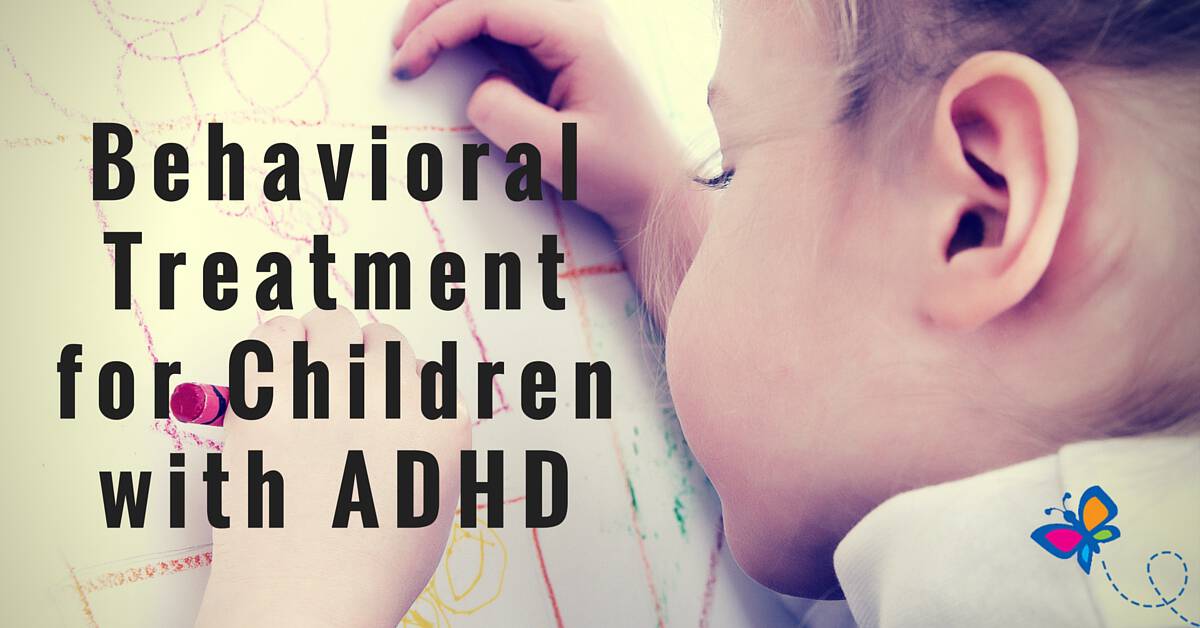Are ADHD kids smart? Separating myth from reality
We know some kids with ADHD can out perform in basic tasks. So really are ADHD kids smart, we will explore this further in this article.
Questions about attention and intelligence come up often in clinics and classrooms. Current research shows no proven link between attention deficit hyperactivity disorder and IQ. Intelligence varies across the full range, regardless of diagnosis.
Symptoms can change how a child performs. A period of hyperfocus on a hobby can look like high ability. Trouble with routine worksheets can look like low ability.
“A child who spends hours building a model but can’t finish a worksheet does not have lower intelligence; task interest drives performance.”
We recommend looking at patterns over time instead of single snapshots. Misdiagnosis happens when overlapping behaviors from other conditions mimic symptoms.
- Reality: No single answer — intelligence and diagnosis are separate.
- Practical tip: Observe behavior across settings for fair assessment.
- Focus: Prioritize supports and function over labels so children gain confidence and access to services.
When families and teachers follow a comprehensive plan, a child can show knowledge across many task types. We help find that plan.
What research really says about ADHD, IQ, and learning
Careful population-based work clarifies how attention differences relate to learning. Multiple medically reviewed sources show no confirmed correlation between attention-deficit hyperactivity disorder and measured intelligence.
No confirmed correlation between attention-deficit hyperactivity disorder and intelligence
Large studies report diagnosis across the full IQ range. Family-level intelligence does not explain the link between diagnosis and specific cognitive profiles. This finding comes from population work and medically reviewed analyses.
Why hyperfocus and task interest can mimic higher or lower ability
Interest drives attention. Periods of hyperfocus raise performance on favored tasks. Boredom or anxiety lowers results on routine tests. The pattern can mislead teachers and families.
How testing and diagnosis dynamics can mask true abilities
Observational diagnosis and classroom measures capture behavior, not fixed intellect. Combining rating scales, teacher reports, and history gives a fuller picture. We recommend interpreting scores alongside daily function.
Medications and performance: stimulants may help focus, not IQ
Stimulants such as methylphenidate act on brain circuits that support attention and reduce hyperactivity. Improved test scores reflect better engagement. Medications improve performance but do not change measured intelligence.
“Evaluation should prioritize function and supports over labels.”
- Takeaway: Research and studies show diagnosis and intelligence are separate.
- Practice: Use comprehensive evaluation to reveal true learning profiles.
Giftedness, ADHD, and “twice-exceptional” children: overlap and differences
When high ability meets executive gaps, strengths and struggles can hide each other. Gifted traits and attention features share signs like intense focus on special interests, high energy, and creativity. These shared features complicate both diagnosis and support.
Overlapping signs
Common signals: bursts of intense focus, rapid idea generation, variable classroom attention, and high task energy. These can look like strong talent or confusing inconsistency.
Masking effects
A child with high ability may perform well enough to mask organizational problems. The reverse can happen when attention struggles hide talents behind unfinished work.
How common is “2e” or Twice Exceptional?
Recent analysis suggests about 8.8% of children with attention-deficit hyperactivity diagnoses also meet gifted criteria. Estimates vary because definitions and screening differ across schools and studies.
Function over labels
We recommend focusing on what the child can do independently and where scaffolds help. Use interest-based projects, chunked tasks, routines, and executive coaching to combine challenge and support.
| Issue | Signs | Practical response |
|---|---|---|
| Overfocus on interest | Long engagement in one topic | Offer extensions that channel depth into curriculum |
| Variable classroom output | High answers one day, missing work next | Use chunking and clear timelines |
| Masked abilities | High test skill, low task completion | Document patterns across subjects and adjust supports |
“Focus on function. Strengths and supports together reduce frustration and build confidence.”
Supporting children with ADHD in school and at home
Timely help blends clinical care, classroom adjustments, and family routines for steady progress. We start with a clear diagnosis based on history, rating scales, and teacher input. This ensures the plan matches each child’s needs.
Getting the right help: evaluation, diagnosis, and medically reviewed treatment options
Diagnosis relies on long-term observation and clinician assessment. Medically reviewed treatments include stimulant medications such as methylphenidate or amphetamine salts and behavioral therapy. These medications can improve focus and task completion when used safely.
School supports that may help: 504 Plans, IEPs, and assistive strategies
School teams can create a 504 Plan or IEP that may help with extended time, reduced distractions, and assistive tools. Collaboration between families and staff keeps supports aligned with classroom demands.
Building executive function skills: organization, time management, and task completion
We teach simple routines: checklists, timers, visual schedules, and single-notebook systems. Short work sprints with planned breaks make tasks easier to start and finish.
“Focus on function: combine supports, skills training, and healthy routines to improve learning and mood.”
| Need | What helps | Result |
|---|---|---|
| Evaluation | History, rating scales, teacher reports | Accurate diagnosis and tailored plan |
| Classroom supports | 504/IEP, extra time, assistive tech | Better test access and task success |
| Executive skills | Checklists, timers, organization systems | Improved completion of daily tasks |
| Health | Sleep, nutrition, exercise | Enhanced attention and mood |
Conclusion
To conclude, evidence and careful planning guide better outcomes than labels alone. We stress that attention-deficit hyperactivity disorder is not a measure of intelligence. Support should focus on function, strengths, and wellbeing so children can complete tasks at school and home.
Multiple medically reviewed studies show causes are multifactorial. Common myths about vaccines, sugar, or food additives do not may cause this deficit. Stimulant medications can improve attention and reduce hyperactivity. Behavioral therapy and school accommodations add lasting functional support.
We invite readers to read moreis in our medically reviewed resources. We work hand in hand with families and educators to adjust plans over time and protect confidence, privacy, and care for every child.
FAQ
Are children with attention-deficit hyperactivity disorder more intelligent than their peers?
Intelligence varies widely among children with attention-deficit hyperactivity disorder. Research does not show a consistent link between the diagnosis and higher or lower IQ. Some children show strong reasoning or creativity while struggling with attention or executive function. We recommend evaluation by a psychologist or educational specialist to identify each child’s strengths and needs.
Can attention differences make a child seem smarter or less capable in class?
Yes. Periods of hyperfocus or interest can make a child perform exceptionally well on some tasks. Conversely, inattention or impulsivity can reduce classroom performance. These patterns reflect task engagement and executive skills more than underlying intelligence. Tailored supports and teaching strategies help reveal true ability.
Does medication change a child’s intelligence?
Stimulant medications and some nonstimulants improve attention, impulse control, and task persistence. They do not change baseline IQ. Improved focus often leads to better school performance and learning. Medication decisions should be medically reviewed and combined with behavioral and educational supports when appropriate.
What is “twice-exceptional” and how common is it?
“Twice-exceptional” describes children who are gifted and have a condition such as attention-deficit hyperactivity disorder. Estimates vary because definitions and testing differ across studies. Recent research suggests it is not rare, but identification depends on thorough evaluation by professionals who understand both giftedness and neurodevelopmental differences.
How can giftedness and attention challenges mask each other?
Gifted children may compensate for attention problems, hiding signs of attention-deficit hyperactivity disorder. Conversely, attention difficulties can obscure advanced abilities. Comprehensive assessment and observation across settings help clarify whether one condition masks the other.
What school supports can help children with attention and learning challenges?
Supports include 504 Plans, Individualized Education Programs (IEPs), classroom accommodations, and assistive strategies like chunking tasks, visual schedules, and movement breaks. These measures focus on function and practical skills rather than labels. Schools, families, and clinicians should collaborate to create consistent plans.
How do we build executive function skills at home and school?
Teach simple routines for organization and time management. Use checklists, timers, and small goals to improve task completion. Break assignments into steps and practice planning and self-monitoring. Regular feedback and positive reinforcement support skill growth over time.
When should we seek evaluation for attention or learning concerns?
Seek evaluation when a child consistently struggles with focus, hyperactivity, impulsivity, or academic progress despite standard classroom supports. Early assessment by pediatricians, psychologists, or educational diagnosticians helps guide interventions, which may include therapy, school accommodations, or medically reviewed treatments.
What role does research play in understanding attention-related conditions and learning?
Ongoing studies clarify how attention, executive function, and learning interact. Research informs diagnostic criteria, interventions, and best practices for school support. We follow reputable sources and recent studies to update guidance for families and educators.





